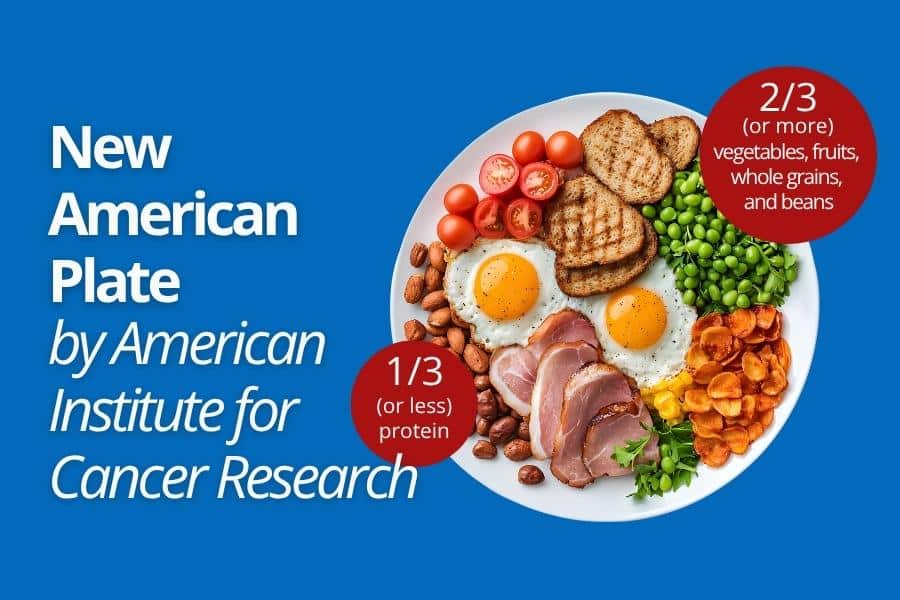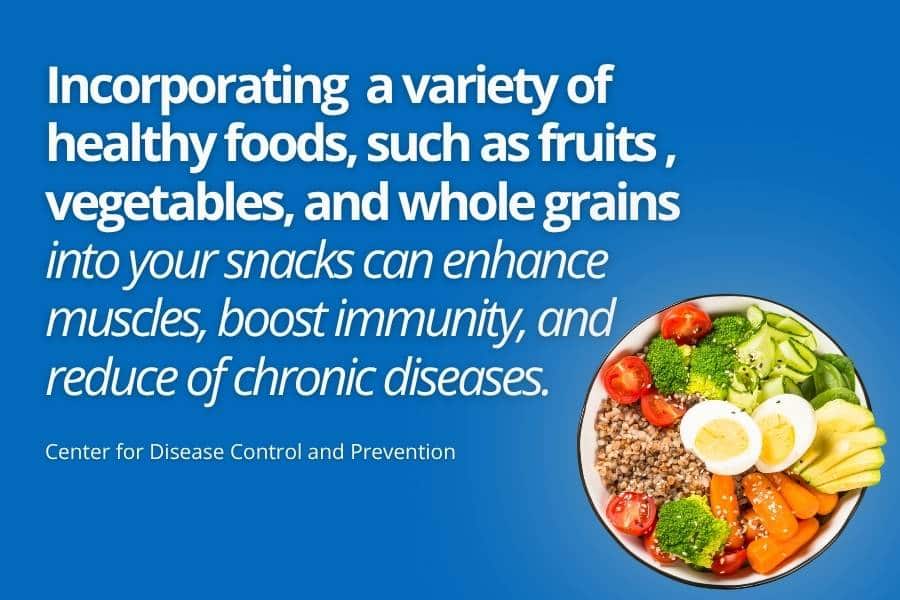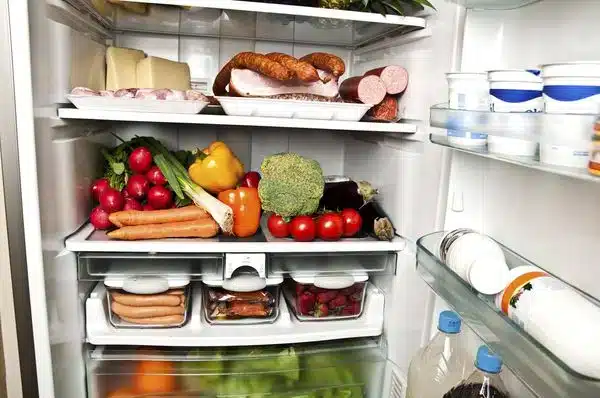Finding dietitian recommended snacks can help you stay energized, recover faster, and maintain balanced nutrition throughout the day. Fueling your body the right way is just as important as your workout routine.
Whether you are training for a marathon, lifting weights at the gym, or keeping up with a busy daily schedule, the snacks you choose can make a big difference in your performance and recovery.
The goal is not just to eat less or more often, but to snack smart with foods that are both satisfying and beneficial to your body.
This complete guide covers easy snack ideas, smart nutrition tips, and practical advice from registered dietitians so you can make every bite count toward your fitness success.

Why Dietitian Recommended Snacks Matter for Fitness
If you have ever felt sluggish halfway through a workout or found yourself starving after the gym, your snack choices may be to blame.
Snacks are an essential part of your nutrition plan because they keep your energy steady between meals and help your body recover after exercise.
Here is why dietitian recommended snacks are worth the effort:
- Sustain Energy Levels: Balanced snacks prevent fatigue and brain fog during workouts or workdays.
- Support Muscle Recovery: A mix of carbs and protein replenishes glycogen stores and aids muscle repair.
- Prevent Overeating: Eating healthy snacks can help reduce cravings and control portion sizes at main meals.
- Enhance Focus and Productivity: Good nutrition supports both mental and physical performance.
Dietitians emphasize that snacks should not replace meals but rather complement them. The best snacks include a mix of protein, fiber, and healthy fats to stabilize blood sugar and keep you full longer.
What Makes a Snack Dietitian Recommended
Not every snack labeled “healthy” fits the bill. Dietitians look for balance, quality, and nutrient density.
Qualities of Dietitian Recommended Snacks
A good snack should be:
- Around 150–300 calories depending on your activity level
- Include at least 5–10 grams of protein
- Contain healthy fats such as nuts, seeds, or avocado
- Be rich in fiber for digestion and fullness
- Have minimal added sugars or artificial ingredients
Avoid snacks that are highly processed or contain more than 8 grams of added sugar per serving. The simpler the ingredient list, the better.
Top Easy Dietitian Recommended Snacks for Fitness
Here are some dietitian-approved snack ideas that are both delicious and easy to prepare. Each option can be made at home or packed to take on the go.
Best On-the-Go Dietitian Recommended Snacks
1. Greek Yogurt with Berries
Greek yogurt provides high-quality protein to support muscle repair. The berries add antioxidants that help reduce inflammation after workouts.
2. Apple Slices with Almond Butter
This combo offers natural sweetness, fiber, and healthy fats to keep you full for hours.
3. Hummus and Veggie Sticks
Crunchy vegetables like carrots, cucumbers, and bell peppers pair perfectly with protein-rich hummus for a refreshing, nutrient-dense snack.
4. Trail Mix with Nuts and Dried Fruit
Choose unsalted nuts, seeds, and unsweetened dried fruit for a convenient mix of protein and carbs.
5. Cottage Cheese and Pineapple
This high-protein snack helps your muscles recover after exercise while the pineapple provides natural sweetness and enzymes that aid digestion.
6. Protein Smoothie
Blend protein powder with banana, spinach, and almond milk for a balanced, energizing drink perfect before or after your workout.
7. Hard-Boiled Eggs and Avocado Toast
Eggs supply protein while avocado adds heart-healthy fats and fiber. It is filling, tasty, and easy to make ahead.
When to Eat Dietitian Recommended Snacks for Optimal Results
Timing can impact how your body uses fuel. Dietitians recommend planning your snacks around your workout schedule.
- Before a workout: Eat a small carb-rich snack 60–90 minutes beforehand. Examples: a banana with peanut butter or oatmeal with fruit.
- After a workout: Refuel within 30–60 minutes with a protein and carb combination like a smoothie or yogurt with granola.
- Between meals: Enjoy nutrient-dense snacks every 3–4 hours to maintain steady energy and metabolism.
Remember that consistency matters more than timing. Listen to your hunger cues and adjust based on your activity level.
Smart Snacking Strategies for Busy People
Even the healthiest intentions can fall apart without preparation. Here are some strategies to make dietitian recommended snacks part of your daily routine.

How to Plan Dietitian Recommended Snacks
- Prep Ahead: Wash and cut fruits or veggies at the start of the week. Store them in clear containers for easy access.
- Keep Snacks Visible: Place healthy options like almonds or fruit where you can see them to avoid reaching for chips or sweets.
- Use Portion Control: Pre-portion trail mix, nuts, or protein bites into small containers to avoid overeating.
- Stay Hydrated: Sometimes thirst feels like hunger. Drink water before grabbing a snack.
These small habits can help you stay on track even during your busiest days.
Common Snacking Mistakes to Avoid
Even nutritious snacks can backfire if eaten without intention. Here are common pitfalls and how to avoid them:
- Skipping Protein: Without protein, snacks can leave you hungry soon after.
- Choosing Sugary Bars: Many “energy bars” are loaded with sugar and low in nutrients.
- Overeating Healthy Snacks: Nuts and dried fruits are nutritious but calorie-dense, so portion carefully.
- Ignoring Timing: Snacking too late or too frequently can interfere with appetite regulation.
The goal is not to eat perfectly but to eat mindfully and consistently.
Budget-Friendly Snack Ideas
Healthy eating does not have to be expensive. Many affordable snacks can provide the same nutritional benefits as store-bought protein bars.
- Homemade Energy Bites: Combine oats, peanut butter, honey, and chia seeds for a quick, no-bake snack.
- Boiled Eggs: Cheap, portable, and packed with protein.
- Air-Popped Popcorn: A fiber-rich, low-calorie alternative to chips.
- DIY Trail Mix: Buy nuts and dried fruit in bulk to save money.
A little planning can make healthy eating both affordable and sustainable. With the right guidance and simple strategies, you can create balanced meals that fit your lifestyle and budget. Explore more practical ways to stay nourished and supported through our Nutrition Support resources.
The Role of Snacks in Weight Management
Dietitian recommended snacks play an important role in maintaining or losing weight. When chosen wisely, they help control hunger and prevent overeating during main meals.
Tips from dietitians:
- Pair protein with fiber to stay full longer.
- Eat slowly and enjoy your food mindfully.
- Do not skip snacks to “save calories.” This often leads to overeating later.
- Keep a food journal to understand your hunger patterns.
Balanced snacking can support long-term weight goals without feeling restrictive.
Snacks to Boost Specific Fitness Goals
For Muscle Gain:
Choose high-protein options like Greek yogurt with granola, cottage cheese with fruit, or turkey roll-ups.
For Endurance Training:
Prioritize snacks with complex carbs like oatmeal cups, bananas, or smoothies with oats.
For Weight Loss:
Focus on high-fiber, high-protein options such as boiled eggs, edamame, or hummus with veggies.
Each fitness goal requires slightly different fueling strategies, but the principle remains the same: nutrient-dense snacks that support energy and recovery.
Other Common Questions About Dietitian Recommended Snacks
What is the best snack before a morning workout?
A slice of whole-grain toast with almond butter or a banana with peanut butter provides quick energy and keeps you from feeling heavy.
Can I snack at night?
Yes, as long as the snack is light and protein-based. Greek yogurt, a boiled egg, or a handful of nuts are great options.
Do snacks really affect my workout performance?
Yes. Properly timed snacks can improve stamina, recovery, and even mental focus during training.
When to Call a Professional
If you are unsure how to balance snacks with your fitness goals, a registered dietitian can help. The experts at Mile High Fitness & Wellness offer personalized nutrition and fitness coaching to help you create a plan that fits your lifestyle.
Their holistic approach ensures you are fueling your body the right way, staying motivated, and seeing lasting results.
Conclusion
Snacking does not have to be complicated. When you choose easy, dietitian recommended snacks, you give your body what it needs to perform at its best.
With simple preparation, smart timing, and mindful choices, you can improve your energy, recovery, and overall well-being.
Ready to take the next step toward better health?
Contact Mile High Fitness & Wellness today to connect with a certified fitness and wellness coach who can help you create a balanced plan that fits your fitness goals.



